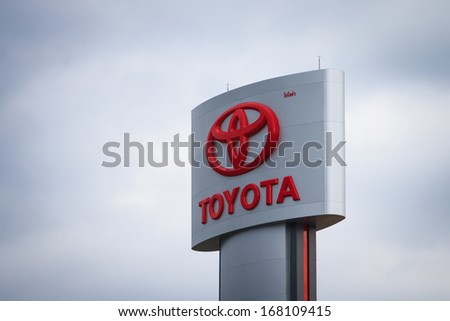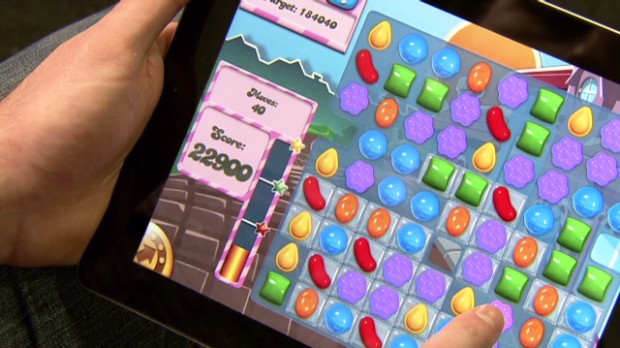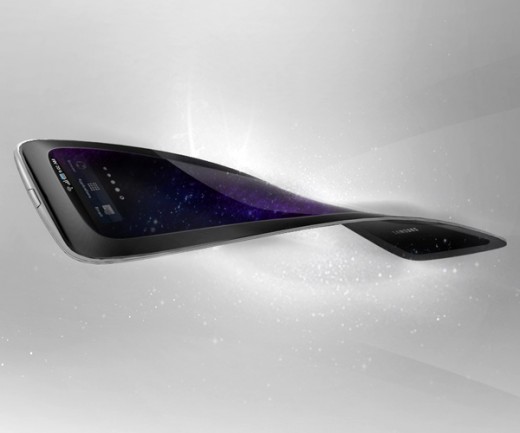 |
| Image Source: shutterstock.com |
Part of the agreement leaves Toyota fully admitting offense, paying the penalty, and undergoing a rigorous review by an independent monitor. The company is also being charged with wire fraud, which was deferred for three years by the prosecution as long as the company continues to cooperate.
To date, this settlement is marked as the largest criminal penalty imposed on an automaker in the United States. Toyota's chief legal officer, Christopher P. Reynolds, said the company is taking full responsibility for its actions.
 |
| Image Source: business2community.com |
Due to the recalls that occurred over the past few years, Toyota's reputation for quality has plummeted, and it stopped the company's chances to become the world's top-selling automaker. The prosecution stated that they want to make the Toyota case a model for the government's approach to this kind of issue and a warning to other car companies.
It was stated that this settlement puts Toyota on a three-year probation and the way they deal with safety issues will be closely monitored.
 |
| Image Source: globalsmallbusinessblog.com |
Toyota, in 2009 and 2010, had to recall more than 10 million vehicles worldwide due to a defect in the acceleration of the cars that resulted to sudden increase in speed that their consumers experienced while driving.
Atty Brad Lyerla is a renowned expert in patent and trade secret litigation. Read his professional profile on the Jenner & Block official website .



